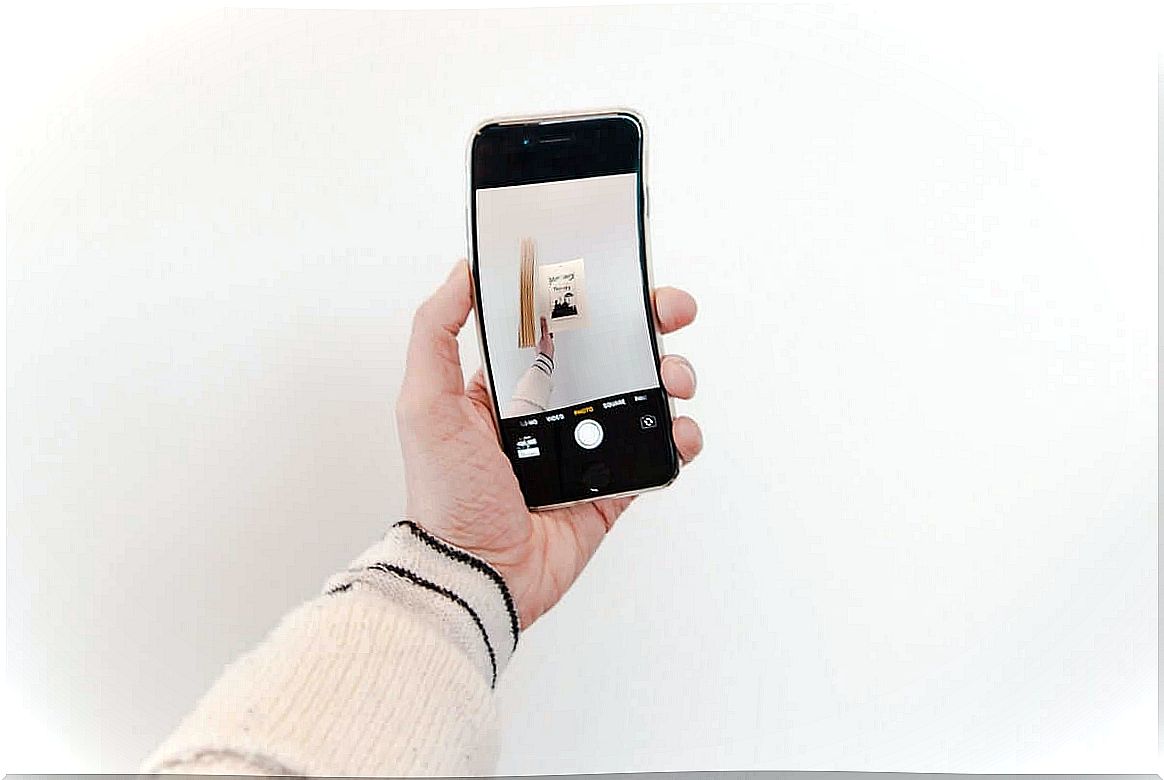We live in a reality where the intimate often manifests itself in the public sphere . Almost without realizing it, we become daily voyeurs of the lives of others, the ones that are published on social media voluntarily. Extimacy, understood as that act in which the private becomes public, is completely transforming the way of understanding the world.
Let’s face it, it’s getting easier and easier to publish that thought we just had, what we’re eating for breakfast or the music we’re listening to right now. If everyone does it, why not us? New technologies have built a common, shared area where we are all innocent bystanders and discreet exhibitionism.
Disclosing, sharing or posting private information is not just a way to create a community with those who do too. Making the public private makes us visible, gives us a presence in a technological and digital scenario in which it is often understood that if you don’t show up, it’s because you don’t exist.
The ultimate is here to stay. Let’s understand, therefore, what this concept consists of, which, as curious as it may seem, is not exactly new.

Extimacy, what is it and how does it manifest?
The word extimacy was coined by the French psychoanalyst Jacques Lacan. For him, this concept represented a state in which the human being is defined by having certain very intimate areas that only make sense in the external world. The unconscious, for example, is an internal psychic state, but it does not end up expressing itself externally.
Now, French psychiatrist Serge Tisseron used this Lacanian term a few years ago to apply it to today’s modernity. Today’s intimacy is not a state, it is a process in which new technologies encourage us to show a part of our privacy and psychic life to the public sphere and, specifically, to the digital world. Now, does that mean that we’ve suddenly become exhibitionists?
Not exactly. We are not like that because each of us chooses what we want to show, and often what we publish is not even real. Everything is selected. In general, we choose very well what to show, how and when. We are not everything that is seen on the networks, we are what we want to be seen.
A resource for achieving genuine connections
We like to watch, it’s true. We are interested in looking at other people’s lives to discover, see, understand, crave, admire, learn and even envy. However, we also like to feel emotions. Extimacy is an ideal resource to create an emotional impact on those who observe us, on those who put their eyes on the peephole of your screen to enter the world of others and their intimacy.
Big brands, network gurus and Instagrammers all know that one way to attract followers is to reveal small intimacies. Thanks to this, people we don’t know suddenly approach us, revealing things about their lives, opening the door to their chosen privacy. We suddenly identify with these strangers. They generate empathy and we end up ‘addicted’ to their publications.
However, remember, this approach to defining ecstasy does not in any way mean that we are seeing what a person is with authenticity and sincerity, we only see what they want to represent.
Sharing what is private to make ourselves visible and reinterpret ourselves
The digital scene, networks, media and everything behind a screen form another reality parallel to ours. Cell phones, e-mail, chats, messaging systems, social networks… All of this sets up a scenario in which we also want to be present, and for that we must project ourselves and practice extimacy
Making the private public puts us in that alternative world where we can create a new self, where we have a presence like almost everyone else. Because if you’re not on that plane, it’s because you don’t exist.

Extimacy and fixation on immediacy
Extimacy is defined today by a very particular characteristic: immediacy . “Having breakfast with my love”, “already on the train to work”, “ meditating” … When you open your cell phone, intimacy is revealed through what happens here and now. That’s what matters most. What happened yesterday or the day before is irrelevant.
In modern times, what most of us want to “consume” or see is what happens right this second.
The stolen extimacy or the intimacy we reveal without knowing
Most of us voluntarily post photos, videos, ideas and thoughts. In other words, the most common is to make small pieces of our private universe public in a conscious way, but always filtered. Now, we sometimes forget that there is another kind of camouflaged ecstasy.
Electronic devices have a camera and a microphone. The apps we use and the social networks we subscribe to have algorithms and bots that analyze everything we do in these digital worlds. We are observed, listened to and analyzed.
Our privacy is made public due to the danger inherent in a technology that aims to collect as much information about us and thus be able to sell it to large companies. The private is not only made public but also commercialized.
We’ve reached a point where the intimate and the public are overly diluted, and something like that has its risks. Let’s keep this in mind and reflect on the extent to which ecstasy benefits or harms us.
 rancha.xyz Be free to choose their own route to self-knowledge, health and balance of body and soul.
rancha.xyz Be free to choose their own route to self-knowledge, health and balance of body and soul.




